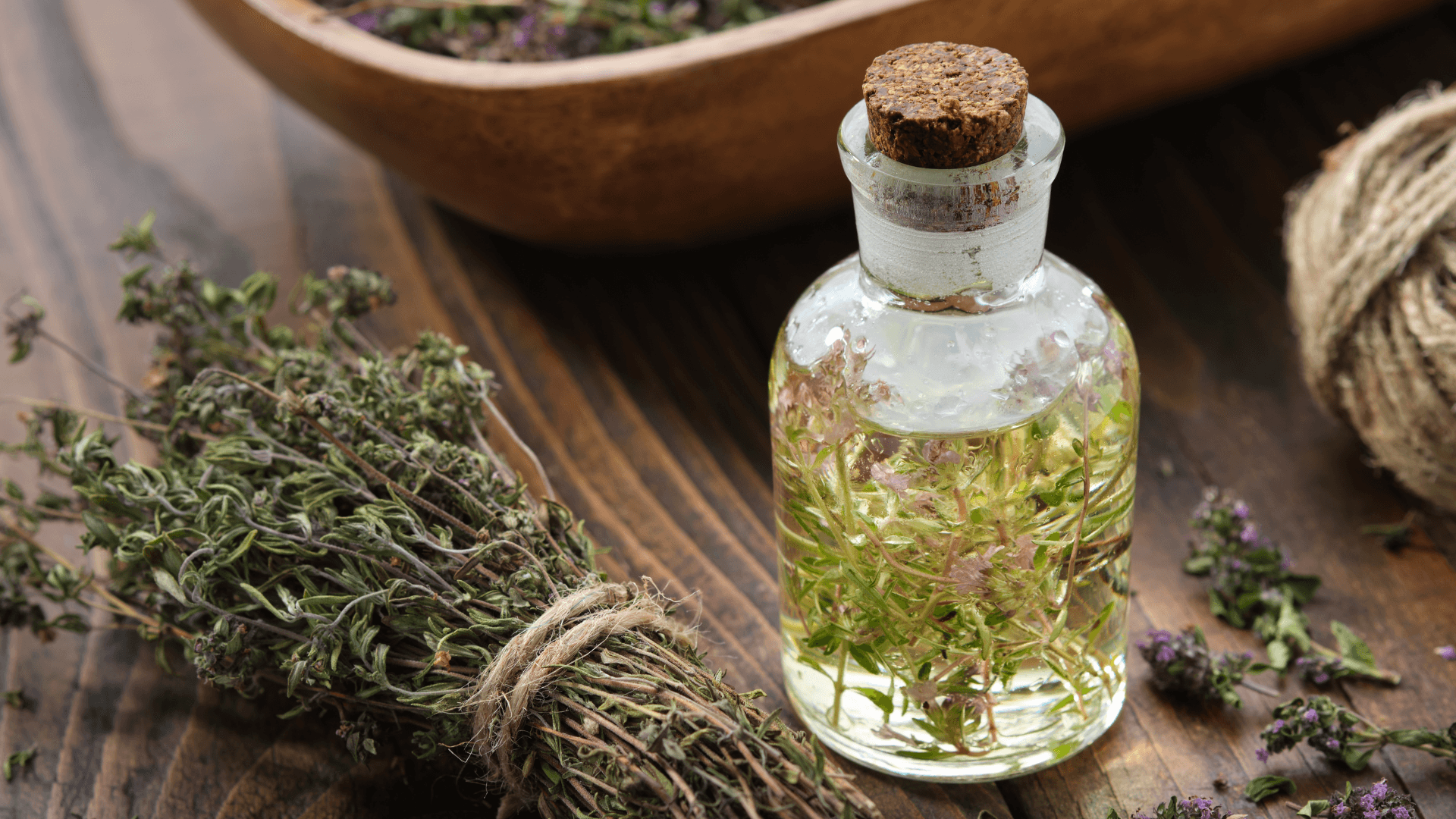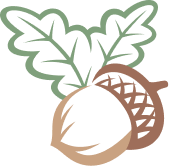A Winter Tincture from Your Winter Walk!
Fallen Needles will Keep you Strong All Winter!
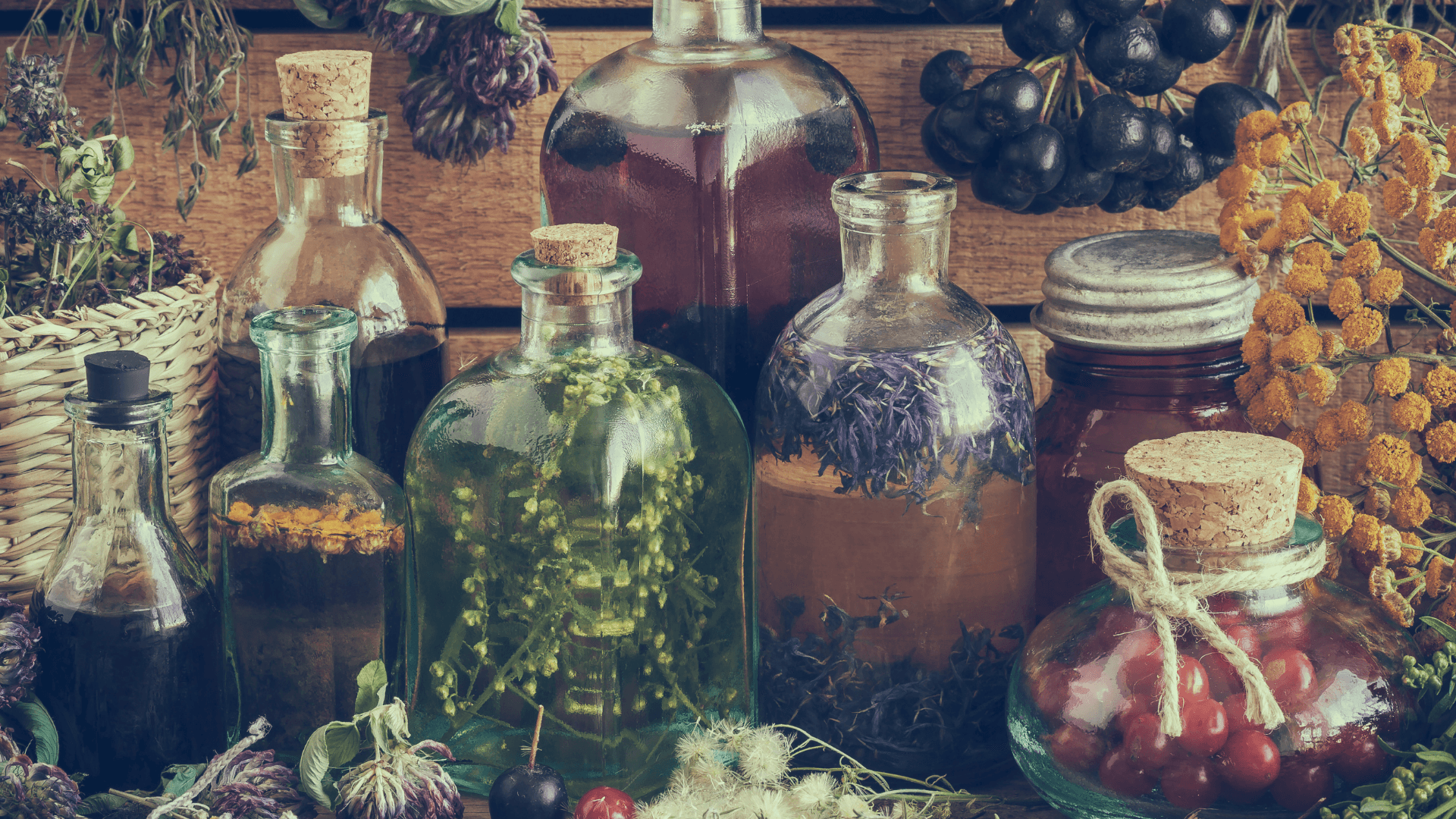

Winter Tinctures on a Winter forage!
A tincture is a concentrated herbal extract made by soaking herbs in alcohol or another solvent to draw out their medicinal properties. Tinctures have been used for centuries in both folk medicine and modern herbalism, offering a simple yet powerful way to harness the benefits of plants.
What is a Tincture?
At its core, a tincture is made by extracting the active compounds of a plant into an alcohol base, typically vodka or brandy. This process preserves the herb’s medicinal properties while making them more potent and easier to store and use. When creating a tincture, the plant is usually left to steep in the alcohol for a few weeks, allowing the alcohol to draw out the plant’s essential oils, alkaloids, flavonoids, and other beneficial compounds.
Tinctures are typically used in small doses—just a few drops in water, tea, or on their own. They’re a great way to harness the health benefits of herbs without the need for elaborate preparations or large quantities of the plant itself.
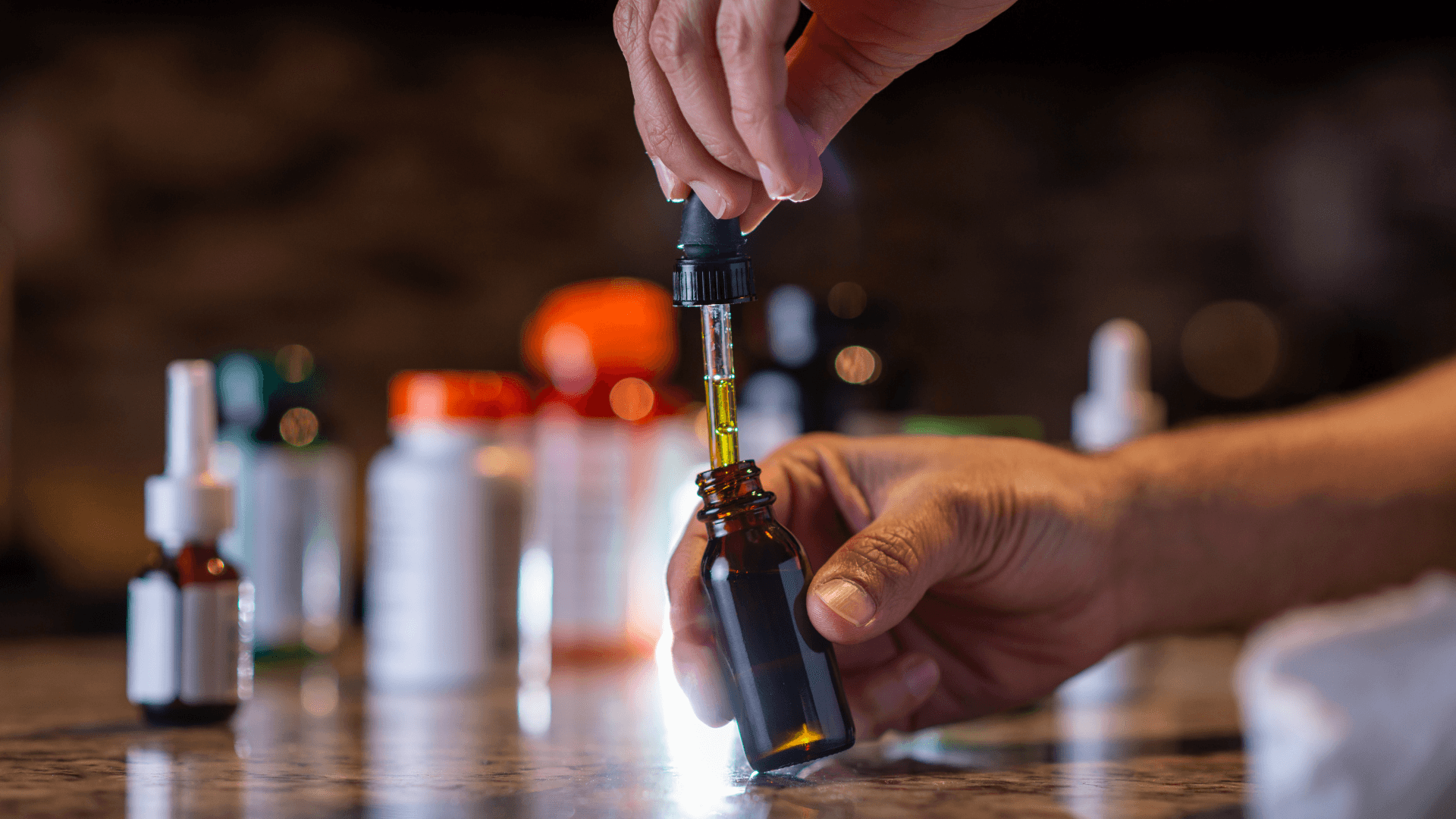

A Brief History of Tinctures
The history of tinctures stretches back to ancient civilizations. Egyptians were among the first to use herbal infusions for medicinal purposes, but it wasn’t until the Middle Ages that tinctures, as we know them today, became popular. In medieval Europe, apothecaries (early pharmacists) began experimenting with distillation and extraction techniques to create remedies for common ailments. These early tinctures were often used to treat everything from digestive issues to infections.
During the 16th and 17th centuries, herbal medicine became more refined, and the use of tinctures expanded as European herbalists discovered the power of alcohol to preserve and concentrate the healing properties of plants. Many of the most famous herbal tinctures, like those made from echinacea, st. john’s wort, and valerian, became staples in the apothecary’s toolkit.
Today, tinctures are still widely used by herbalists for their convenience and effectiveness, especially for those seeking alternative or complementary treatments. The alcohol acts as both a preservative and a solvent, allowing herbs to maintain their potency for years.
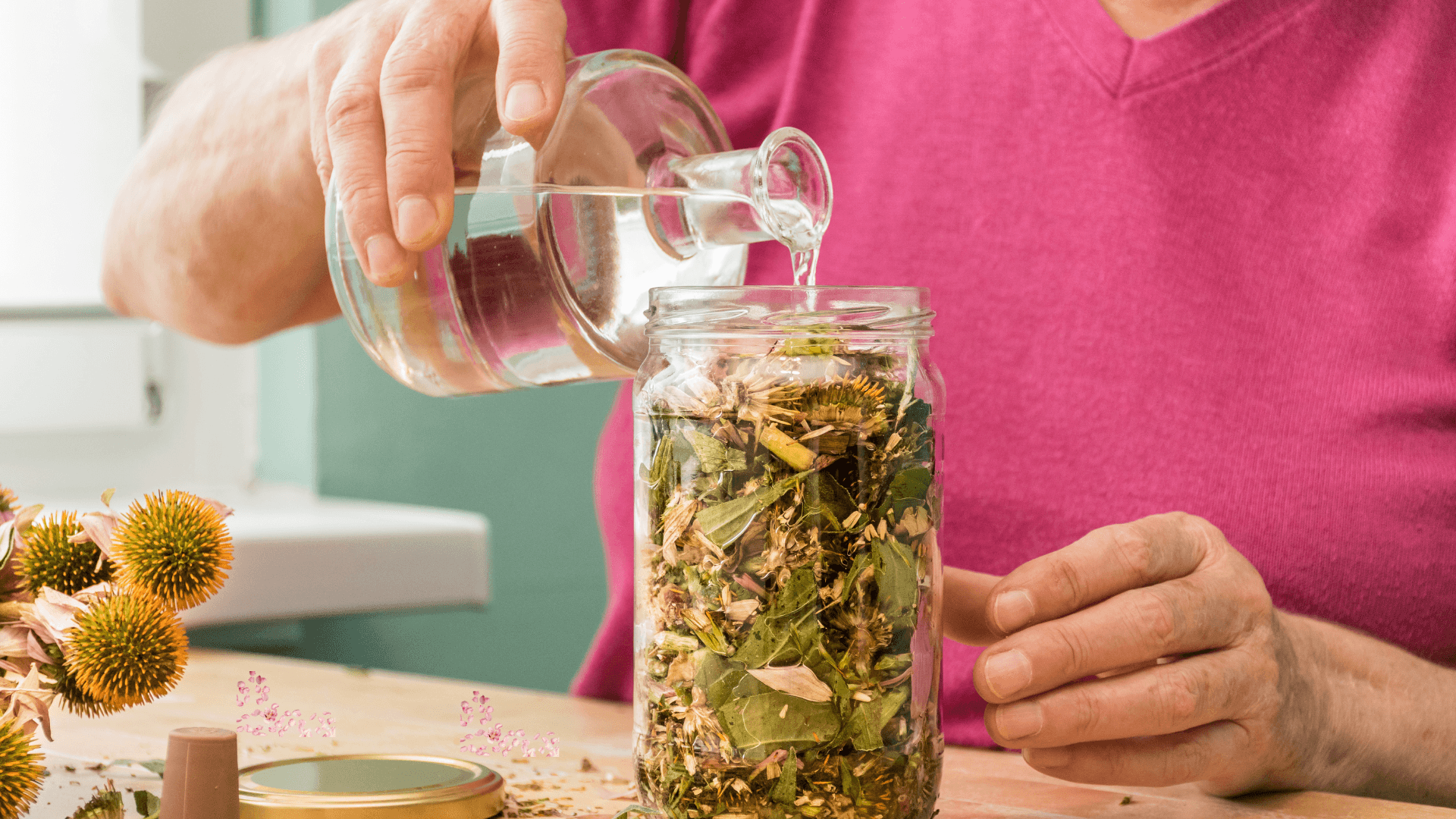

How to Make a Simple Tincture from December Forage
December foraging might not offer the lush bounty of spring or summer, but it still has plenty of offerings, particularly in the form of evergreens and roots. One excellent plant to forage for in December is pine. Pine needles are rich in vitamin C and antioxidants and have been traditionally used for respiratory health, immune support, and as a general tonic.
Here’s a simple guide to make a pine needle tincture:
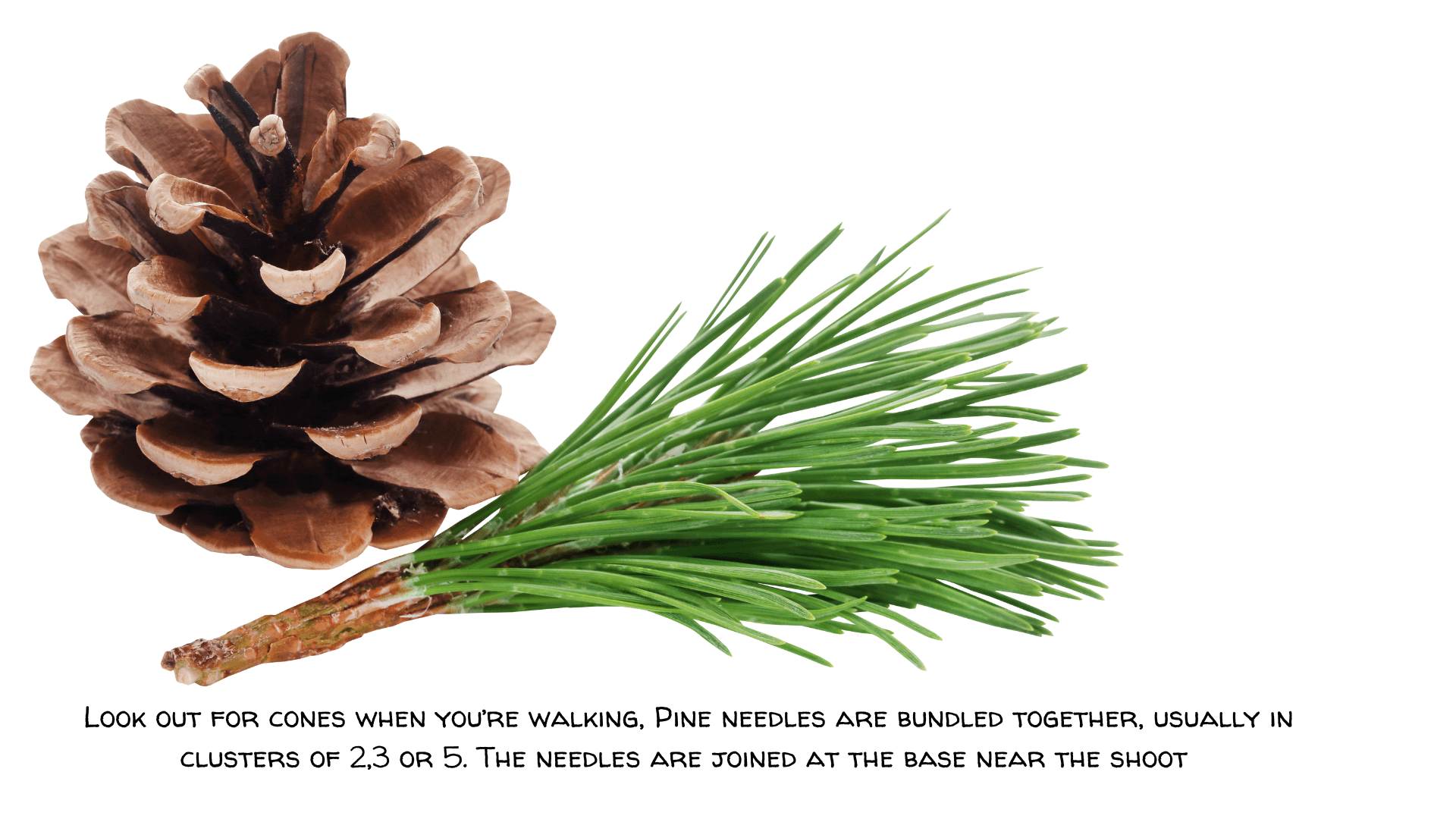

What You’ll Need:
Fresh pine needles (about 1-2 cups)
High-proof vodka or brandy (enough to cover the plant material in your jar)
A clean glass jar with a lid
Cheesecloth or a fine mesh strainer
A dark place to store the tincture while it steeps
Steps to Make Your Pine Needle Tincture:
Harvest the Pine Needles: Choose fresh pine needles from a tree you can identify as safe. Make sure to only harvest what you need, as pine trees are an important part of the ecosystem.
Prepare the Pine Needles: Chop the needles into small pieces to help release their oils and active compounds.
Fill the Jar: Place the chopped needles into a glass jar, filling it about halfway to two-thirds full. The more plant matter you use, the stronger the tincture.
Add the Alcohol: Pour vodka or brandy over the pine needles until the jar is full and the needles are completely submerged. This helps to draw out the medicinal compounds.
Seal and Shake: Close the jar tightly and shake it gently. Store it in a cool, dark place for about 2-4 weeks, shaking the jar once a day to ensure the plant matter remains submerged.
Strain the Tincture: After a few weeks, strain out the pine needles using cheesecloth or a fine mesh strainer. Store the liquid in a dark glass bottle or jar, and label it with the date.
Use: Your pine needle tincture is now ready! Take a few drops as needed for respiratory support, immune health, or as an overall tonic. (Always consult a healthcare provider before using tinctures regularly.
